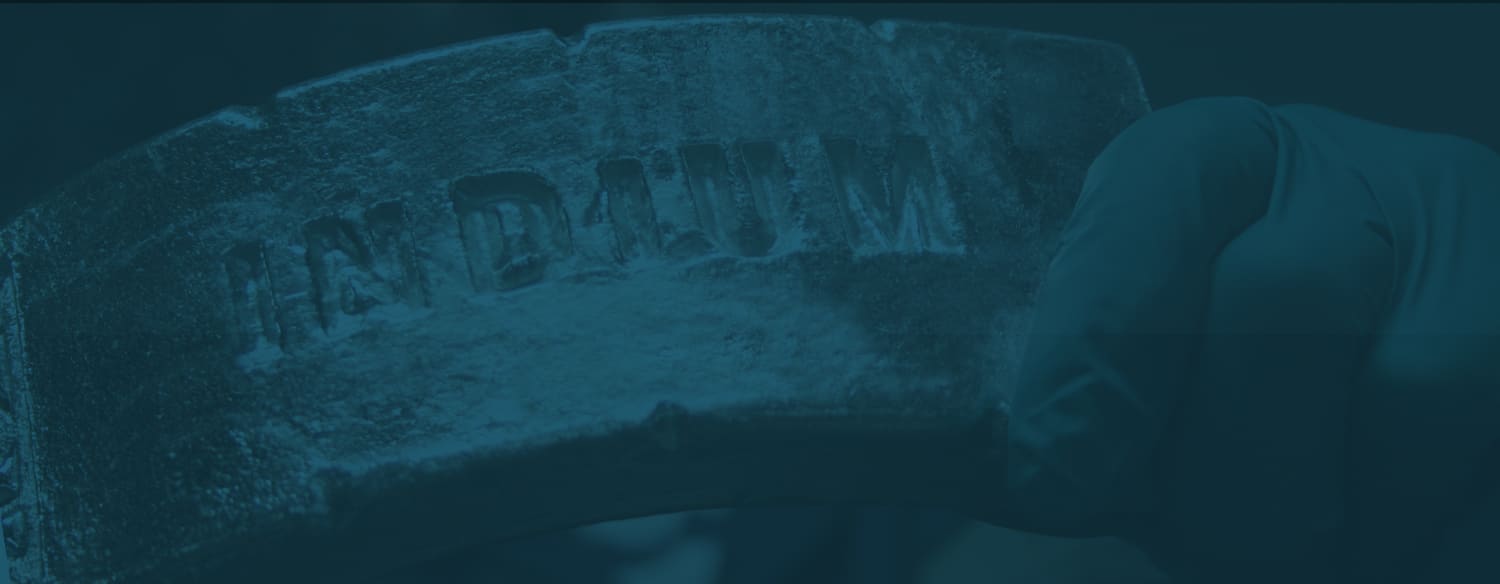Folks,
One of the big issues in RoHS exemptions is that of "Category 8 and 9." ERA Technology has been retained by the EU to investigate bringing these categories under the RoHS directive. The full story is at this link. I have included a portion of the press release below.
Note that the intent of the investigation makes sense. If the products can work reliably and be RoHS compliant they should not be exempted. My sense is that ERA's conclusion will be to include much of EEE now covered in this exemption. Admittedly it will likely take a few years.
This discussion brings to mind my listing of some months ago. A certain company that makes "test equipment" is claiming a category 9 exemption. Their products are mostly handheld. I couldn't disagree with them more. As I see it, there are two main reasons products are exempted from RoHS:
1. Because RoHS compliance may affect the product's ability to function reliably. (As mentioned earlier).
2. One would not expect to see the product in a garbage dump because it is the type of monitoring equipment that is technician installed and likely not portable.
Portable test equipment fits neither category.
1 July 2006 is going to be interesting!
Cheers,
Dr. Ron
Excerpt from Press Release
Categories 8 and 9 in the WEEE Directive covering medical, and monitoring and control equipment are currently excluded from the scope of the RoHS Directive but it is the intention of the European Commission to bring these categories within scope if possible. Dr Paul Goodman provides an overview of progress on the study being carried out by ERA for the EC to provide the data to establish if this is possible.
Article 6 of the RoHS Directive (2002/95/EC) requires the European Commission to present proposals for including categories 8 and 9 equipment in the scope of the RoHS Directive. This statement implies that there is a clear intention to include these categories at some time in the future and the European Commission has asked ERA to review these categories (see press release). This investigation will provide the data and information that the Commission will need to prepare proposals which will be submitted to the European Parliament and Council who will act in co-decision to amend the RoHS Directive if appropriate.
The scope of the ERA review is very broad as all aspects of category 8 and 9 equipment are being investigated. This includes determining the quantity of these products placed on the EU market annually and the quantities of RoHS restricted substances that they contain, and determining why these substances are used and what alternatives are currently available. Where no substitute is available, exemptions will need to be considered although it is clear that a long list of new exemptions would not be acceptable.


